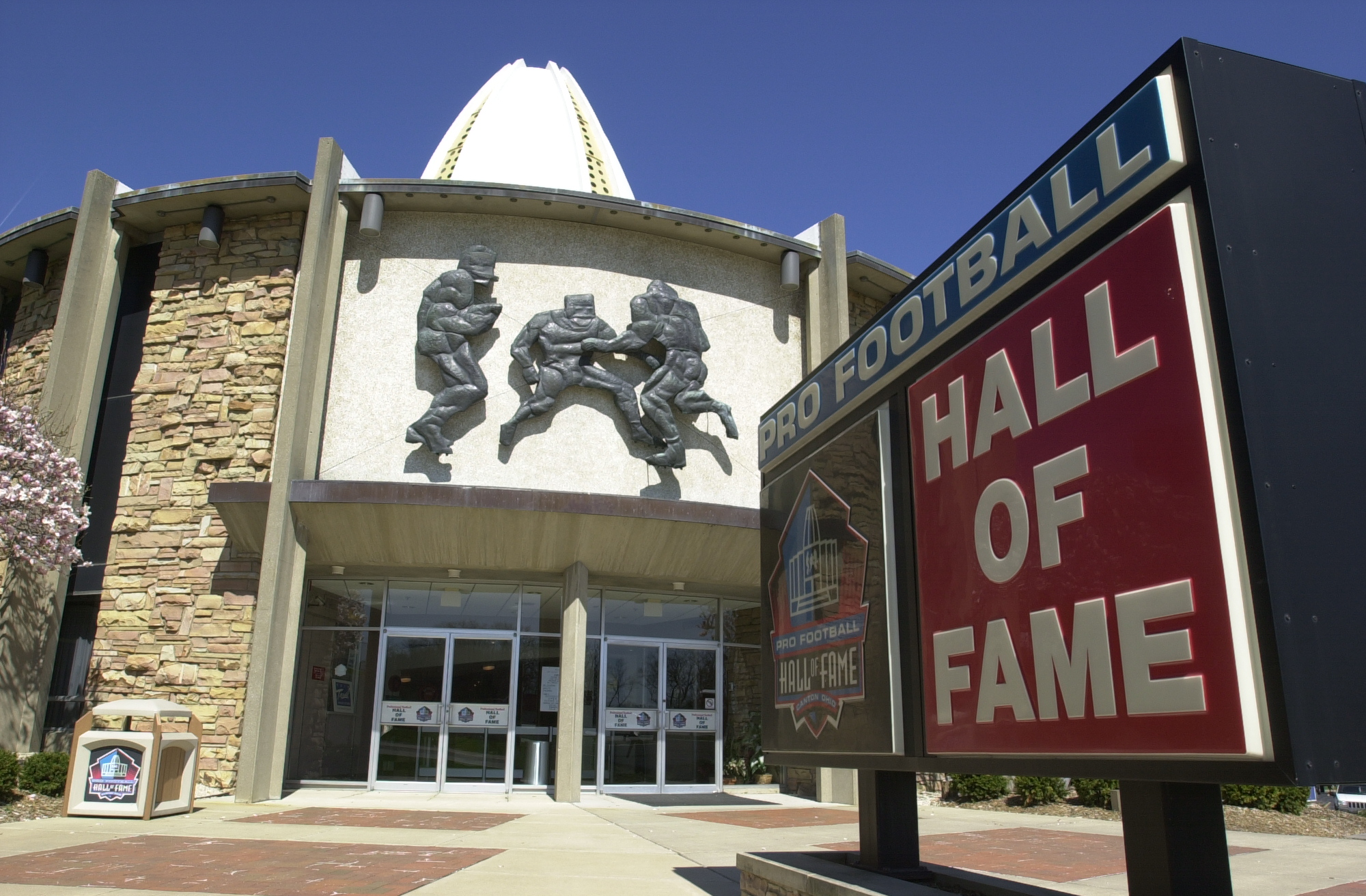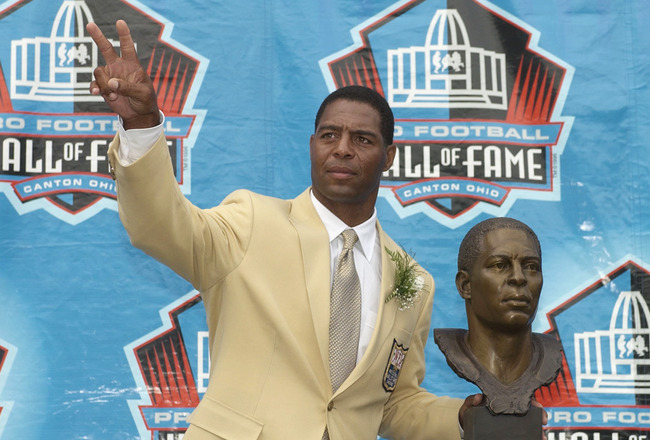This past weekend, the National Football League inducted six players into its Hall of Fame in Canton, Ohio. Major League Baseball did the same a few weeks ago in Cooperstown, New York - although they only inducted two.
[2013 update - no one was voted into the baseball hall of fame]
[2013 update - no one was voted into the baseball hall of fame]
In sports, reaching the Hall of Fame is a crowning achievement. It means that in your chosen profession, you were the best of the best. Halls of Fame are a way to separate the highest performers from the rest of the pack.
However, they wouldn’t be as significant if they weren’t so restrictive. If just above-average statistics and achievements were all it took to get there, then the Halls would lose their prominence.
Some Halls of Fame are criticized for being too difficult to get in - such as baseball’s. On the opposite end, the NBA Hall of Fame is criticized for selecting too many and for criteria that seems to reward popularity over achievement.
The criticism on either side results in this: the MLB and NFL Halls of Fame have stayed cherished, significant, and profound, whereas the NBA Hall of Fame is viewed with much less reverence.
The MLB and NFL Halls of Fame seem to take pride in how difficult they are to enter. Over the last three years, the NBA Hall inducted 29 individuals and 3 full teams. The NFL Hall inducted 20 individuals. MLB inducted 8.
In fairness to the NBA, they induct more than just NBA players. They have inducted collegians, international players, high school coaches, etc. However, this also means they are criticized for not being focused enough.
It seems - from this outsider’s point of view - that the MLB and NFL halls put more time and rigor into their selection process than the NBA. They seem to have unwavering standards that are almost never compromised. Inductees are debated endlessly, and it may take years for someone the public deems worthy to be chosen for their Halls.
Again, the result of this high attention to standards is that the public perception of these Halls is stellar. Sure, every year the sports talk shows and fans yell and scream about the omission of their favorite players, but they never lose reverence for the honor. Because that’s what it is seen as - a high honor.
On the flipside, does anyone really pay attention to the NBA Hall of Fame in the same way?
If you had to choose a model, I would suggest somewhere between the NFL and MLB. The various sports halls of fame seem to teach us that being perceived as too lax in selection criteria has greater negative consequences than being perceived as too strict. This means that you don’t just give a bid to anybody. You select those who fit your high standards of character and achievement. You analyze and debate potential members based on their merit. There will be some good men or women you turn away. Because, they aren’t as good as the ones you want.
By the way, there is a wide chasm of difference between having very high standards for recruitment (good) and making pledging so grueling that it weeds people out (stupid). No Hall of Fame hazes its inductees. They reward achievement and success that occurred before the person was nominated for the Hall. You should study, analyze, and debate potential members as much or more than the selection committees debate potential Hall of Fame inductees.
Pledging - if you must use it - should NOT be used to help you discover if someone is worthy of your fraternity/sorority, but should be used to provide baseline education to those who are already worthy.
You probably know the fraternities on your campus that are a little looser in their standards. It’s clear to see. You also know those that have high standards. Those are the groups that you watch when issues arise, to see how they react. Just like a good Hall of Fame, they can set the tone for success. Which one are you? If I spent a week on your campus, who would I say is setting the tone for excellence?
A word of caution: with this analogy I am not trying to argue for highly-elite, super-selective fraternities and sororities. Don’t become the Omegas from Animal House. You need to define the standards for your group, and then live with the outcome. My larger point is that when you demand and expect excellence, you earn respect from your peers and the public. You become the Hall that people pay attention to, and that potential members want to join.




No comments:
Post a Comment